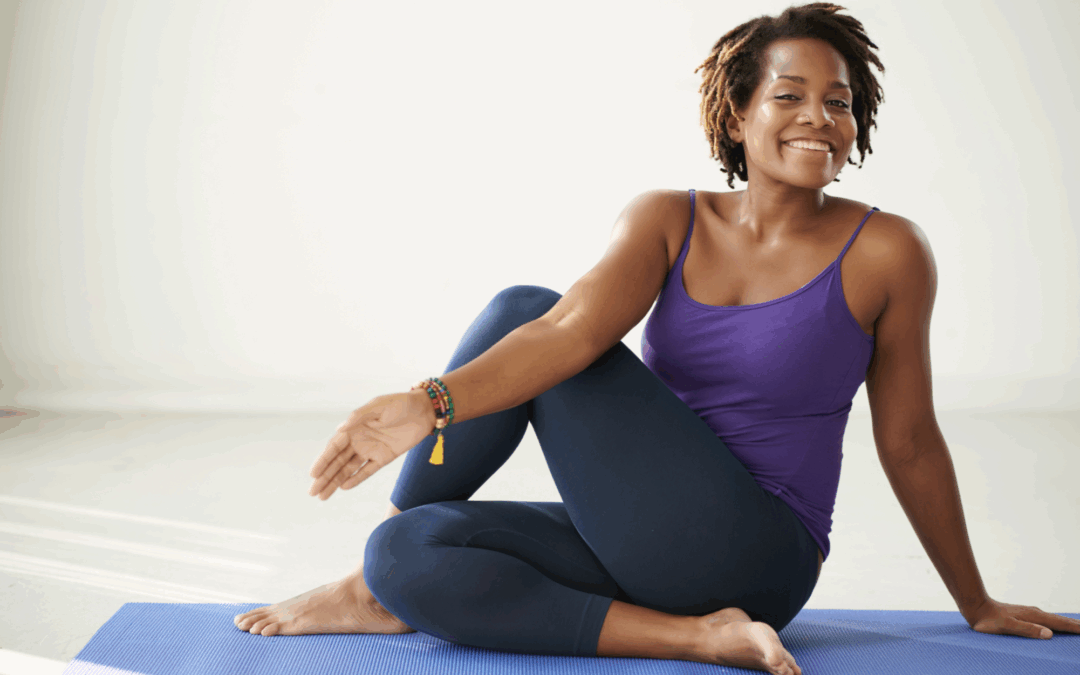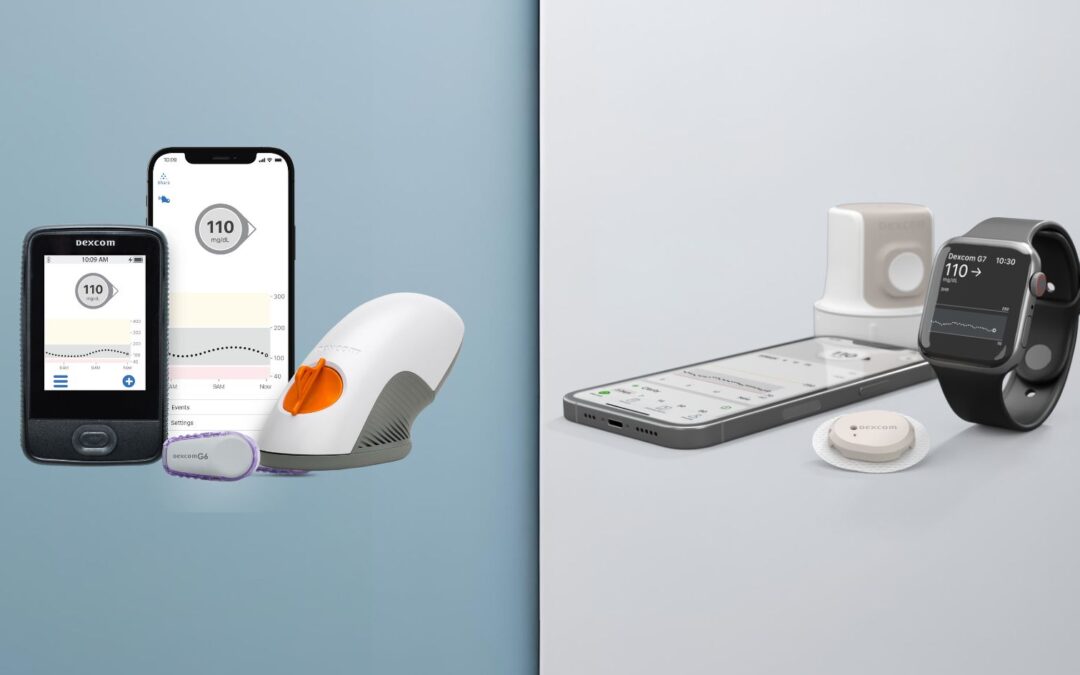Simpler, Smaller, and Smarter for Everyday Use
If you’re currently using the Dexcom G6—or considering a continuous glucose monitor (CGM) for the first time—you might be wondering how the new Dexcom G7 compares. While both systems help people with diabetes track glucose in real time without routine fingersticks, the G7 introduces several improvements that make it even easier to manage your diabetes.
Key Improvements from G6 to G7
Here’s a side-by-side look at what’s changed:
Smaller All-in-One Design
One of the biggest changes is the size and shape of the sensor. The G7 is about 60% smaller than the G6 and has a more low-profile shape. Plus, the transmitter is now built directly into the sensor—so there’s no separate piece to snap on.
Faster Warm-Up Time
The G7 has a 30-minute warm-up time, compared to 2 hours with the G6. That means users can get started with real-time glucose readings much more quickly after inserting a new sensor.
More Flexible Wear Location
The G7 allows for wear on the upper arm in adults and upper buttocks for children (ages 2–17). This expands placement options and may be more comfortable for certain users. As always, follow your provider’s guidance for proper sensor placement.
Improved App Experience
The G7 app has a more intuitive interface with clearer graphs, alerts, and setup guidance. It also makes it easier to share data with your healthcare provider or support circle using the Dexcom Follow feature.
Updated Alerts and Quiet Mode
The G7 offers a “quiet mode” for low and high alerts, which can reduce unnecessary disruptions—while still keeping safety notifications active. Alerts are also easier to personalize for your routine.
What Stays the Same?
Both the G6 and G7 offer continuous, real-time glucose readings every 5 minutes and work with compatible smart devices. Neither system requires routine fingerstick calibration, and both allow data sharing with caregivers and providers.

Is It Worth Switching to the G7?
Many people find the G7’s smaller size, shorter warm-up time, and easier application make daily diabetes management feel simpler. However, the decision to switch depends on your needs, insurance coverage, and whether your current device is working well for you. Talk with your healthcare provider before making a change.
Thinking About Making the Switch?
Whether you’re currently using the Dexcom G6 or considering a CGM for the first time, understanding the changes in the G7 can help you make a more informed decision. If you’re thinking about switching or just have questions about what’s new, be sure to talk with your healthcare provider about what’s right for your care plan.
Important Note:
This content is for informational and educational purposes only and is not a substitute for professional medical advice, diagnosis, or treatment. Always consult your healthcare provider with any questions regarding a medical condition or treatment plan. No doctor-patient relationship is established by reading or interacting with this content.
You Might Also Like

How to Lower Blood Sugar Naturally Without Feeling Overwhelmed
If you've been trying to figure out how to lower blood sugar naturally, you're not alone—and you're definitely not without options. The good news is that you don’t need to overhaul your life...

How Exercise Supports Diabetes Management – Even If You’re Just Getting Started
When you're told that regular movement can help manage your blood sugar, it's easy to feel overwhelmed—especially if you’re not someone who enjoys the gym. Between work, home life, and everyday...

Living Well With Type 2 Diabetes
Living with type 2 diabetes can feel overwhelming at first—but many people discover that living well with type 2 diabetes is entirely possible with the right tools, habits, and support. From food...


